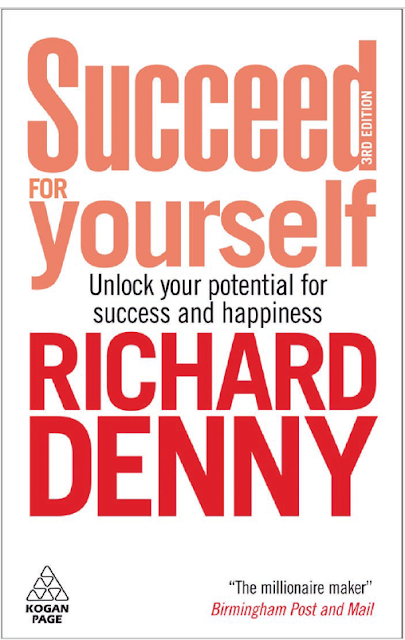FUHSI
LIBRARY BOOK REVIEW
A
Review of Succeed for Yourself: Unlock the Potential for Success and
Happiness by Richard Denny (Pages 1 to 20)
By Wizard Librarian, azeez.adeoye@fuhsi.edu.ng
The book
consists of 18 chapters, with the first five titled: "The Route to
Success," "Your Greatest Asset," "Believe in
Yourself," "Becoming Lucky," and "Time: Your Greatest
Resource," among others. Page one begins with an introduction discussing
the difficulty of providing a universally acceptable definition of
"success." The author notes that success is often attributed to
material gain; however, emotional stability and professional advancement are
also forms of success. Regardless of how an individual defines success, the
author affirms that Succeed for Yourself will help readers achieve it.
The author
shares the story of Nicholas Darvas, who, was 60 years old, won over one
million pounds in lottery but still lived a miserable life. The book
acknowledges that while the ideas presented in the book are not new, they
embody the principles of success. According to the author, this book is for
everyone who desires fulfilment and happiness.
Chapter one identifies three key
human expectations: SUCCESS, WEALTH, AND HAPPINESS. Although many
believe these are unattainable, the author assures readers that by following
the methods and principles in the book, they can achieve these expectations and
more. To succeed in any endeavour, it is essential not to make excuses.
The author also
highlights three factors that contribute to happiness: Having something to look
forward to (hope), Sharing what we have with others, Making someone else happy The
author discourages the pursuit of success through the lottery or other
effortless means. Regarding the power of hope, the author states, “We must
always have hope; we cannot survive without it.” Additionally, the author
encourages readers not only to invest in their own success but also to help
others succeed, as success is often achieved with the support, encouragement,
enthusiasm, advice, and assistance of others. Success without happiness is not
true success.
The author
concludes Chapter One with a wise quote from Rudyard Kipling: "We have
forty million reasons for failure, but not a single excuse."


Comments
Post a Comment